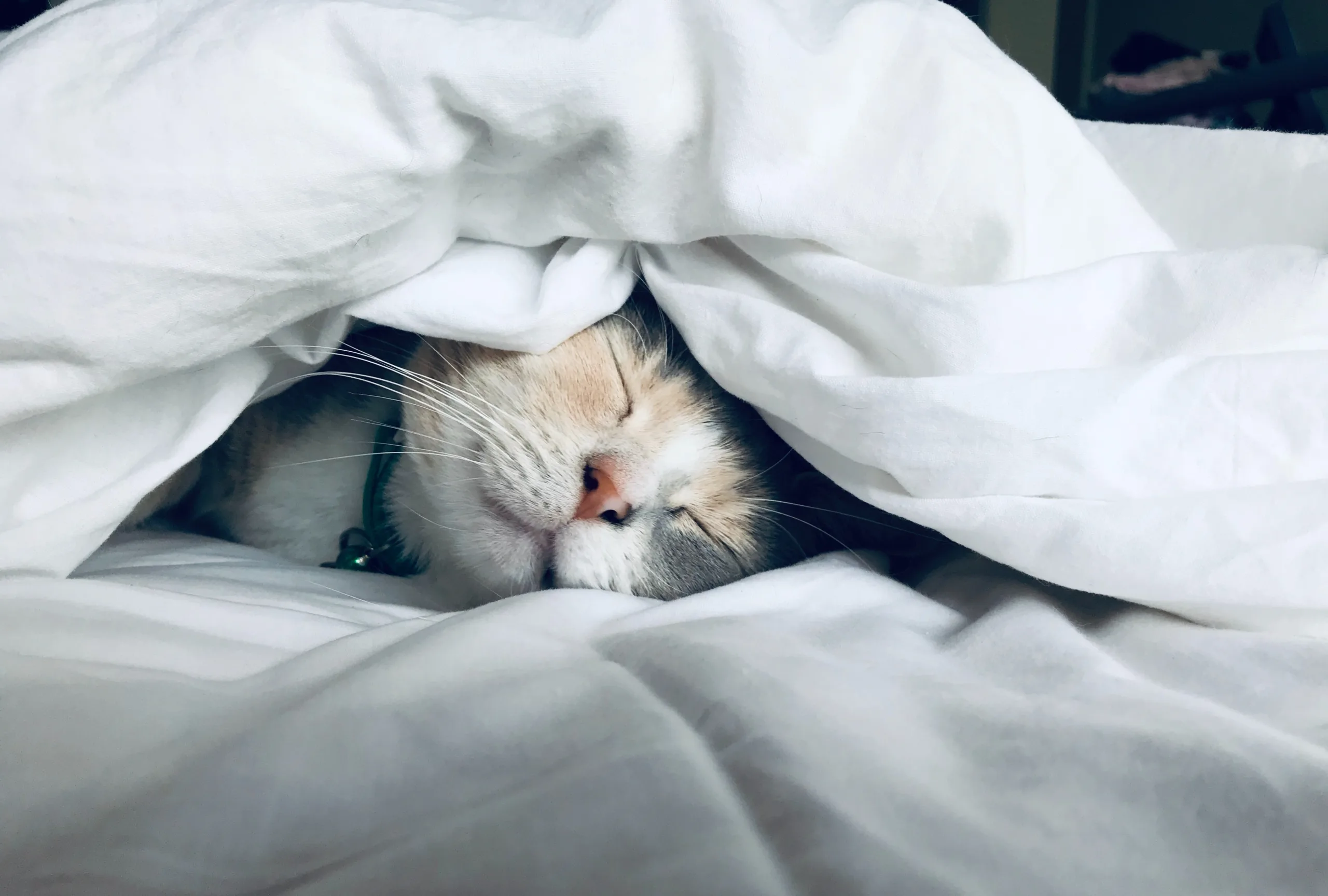If you’ve ever shared your home with a cat, you may have noticed that they seem to have a nocturnal side, especially during the late hours. Cats are crepuscular creatures, which means they are most active during dawn and dusk. In this article, we will explore why cats are active at 3 am, why they get the “night crazies,” what they do at night, and whether cats stay up all night.
For more about cats click here
Why Are Cats Active at 3 am?
Cats’ natural instincts as nocturnal predators play a significant role in their activity patterns. In the wild, cats hunt during the early morning and late evening hours, which aligns with their crepuscular nature. Domesticated cats retain these instincts, and their behavior is influenced by their ancestors’ hunting habits.
At 3 am, the environment is quieter, and there are fewer distractions, making it an ideal time for cats to engage in activities that simulate hunting behaviors. Additionally, some cats may be more active at this hour due to their owners’ schedules. Cats are perceptive animals, and they quickly learn when their human companions are less active or asleep, prompting them to explore and play during these times.
Why Do Cats Get Night Crazies?
The term “night crazies” refers to the sudden bursts of energy and playfulness that some cats exhibit during the late hours. These episodes are characterized by running, jumping, and play behavior, often accompanied by vocalizations.
Night crazies are a normal and natural behavior in cats, especially young and energetic individuals. These episodes are a way for cats to release pent-up energy and satisfy their hunting instincts. During the day, cats may have long periods of rest, and the night provides an opportunity for them to engage in physical activity.
Cat owners can help manage night crazies by providing their feline friends with interactive play sessions and toys during the evening. Engaging in playtime before bedtime can help tire out the cat, potentially reducing the intensity of nighttime antics.
What Do Cats Do at Night?
During the night, cats may engage in various activities based on their individual personalities and environments. Some common behaviors exhibited by cats at night include:
- Exploration: Cats are curious creatures, and the quiet nighttime environment may encourage them to explore their surroundings.
- Hunting Behavior: Cats may engage in stalking and pouncing behaviors, mimicking their natural hunting instincts. They may “hunt” toys, shadows, or even imaginary prey.
- Vocalizations: Some cats may be more vocal at night, expressing their desires or communicating with their human companions.
- Grooming: Cats are meticulous groomers, and they may take time to groom themselves during the night.
- Napping: Despite being active at night, cats may still take short naps between bursts of activity.
- Bonding: Cats that share their homes with other feline companions or humans may use the night as a time for social interaction and bonding.
Do Cats Stay Up All Night?
While cats are naturally more active during the late hours, they do not stay up all night without rest. Cats are crepuscular animals, meaning they are most active during specific periods of the day. After their bouts of nighttime activity, cats will eventually settle down to rest, and their activity levels may decrease as the sun rises.
Cats typically have multiple short sleep cycles throughout the day, and they can sleep anywhere from 12 to 16 hours daily. During the day, they may take naps to recharge and prepare for their more active periods during dawn and dusk.
FAQs (Frequently Asked Questions)
1. Is it normal for my cat to wake me up at night?
Yes, it is common for cats to wake their owners during the night, especially if they are seeking attention or playtime. You can help manage this behavior by engaging in interactive play sessions with your cat before bedtime and providing enrichment toys to keep them occupied.
2. How can I encourage my cat to sleep at night?
You can encourage your cat to sleep at night by providing a consistent and calm bedtime routine. Engage in play sessions before bedtime to help tire out your cat, and offer a comfortable and quiet sleeping area.
3. Why does my cat meow loudly at night?
Cats may meow loudly at night for various reasons, including seeking attention, expressing hunger, or communicating discomfort. If your cat’s nighttime meowing is a new behavior or excessive, it’s a good idea to consult with your veterinarian to rule out any underlying health issues.
4. Will spaying or neutering my cat affect their nighttime behavior?
Spaying or neutering your cat can help reduce certain behaviors, such as yowling or roaming, that are influenced by hormonal changes. However, it may not completely eliminate nighttime activity, as cats are naturally crepuscular animals.
5. Should I keep my cat indoors at night?
Keeping your cat indoors at night is generally safer, as it reduces the risk of encounters with nocturnal predators and other potential dangers. If you have an outdoor cat, consider providing a safe and enclosed outdoor space or supervising their outdoor time during the day.
In conclusion, cats’ nocturnal behavior is a reflection of their innate instincts as crepuscular hunters. Their activity at 3 am and their “night crazies” are entirely normal behaviors that allow them to express their natural hunting and play instincts. Understanding and accommodating their nocturnal habits can help foster a happy and healthy relationship between you and your feline companion.
Click here for more
